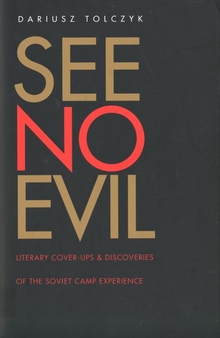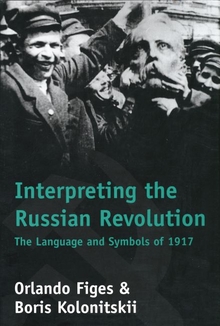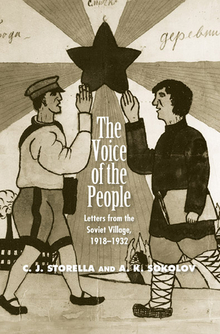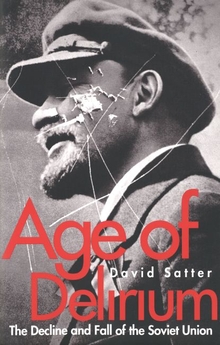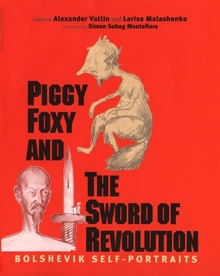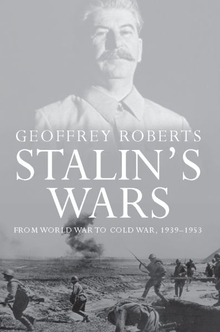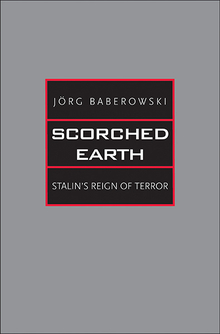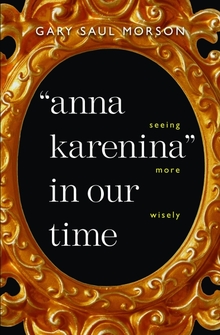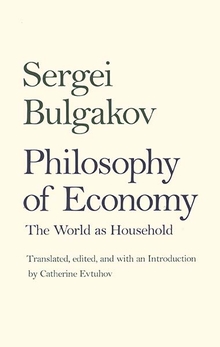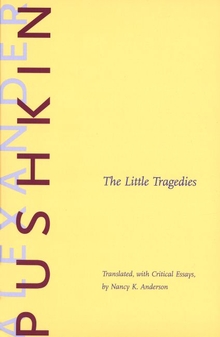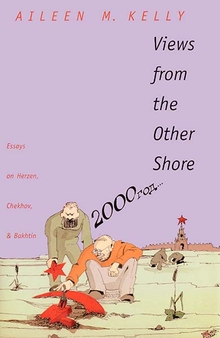See No Evil
WARNING
You are viewing an older version of the Yalebooks website. Please visit out new website with more updated information and a better user experience: https://www.yalebooks.com
Literary Cover-Ups and Discoveries of the Soviet Camp Experience
Dariusz Tolczyk
The author considers how Soviet novelists and poets in the 1920s dealt with the Leninist notion that ethics is entirely utilitarian and relative; analyzes the official glorification of the gulag in the early 1930s in such works as White Sea Canal, a composite volume by 36 famous authors praising the use of slave labor; and examines why the subject of the camps became taboo from 1937 to the Khrushchevian thaw of the early 1960s. Tolczyk also provides a masterful account of the problem posed for Soviet censors by Aleksandr Solzhenitsyn’s One Day in the Life of Ivan Denisovich and shows how the failure of the Soviet regime to come to terms with the ethical legacy of the gulag signaled the decline of the totalitarian project.
"Discussions of concentration camp literature have focused on works assuming the evil of the camps. But in this brilliant book, Tolczyk brings to light a whole tradition directly opposite to these works."—Gary Saul Morson, Northwestern University
"This scholarly volume examines the official Soviet concentration camp literature from the early 1920s though the mid 1960s. Tolczyk argues that not only did Stalin seek to control human actions, he also sought to control human thought. . . . This is a fascinating and well-written account of a dark time in Russian history. While scholarly in nature, it is recommended for most libraries."—Library Journal
"Tolczyk’s rewarding study concerns the relationship between camp literature and the totalitarian objectives of the Soviet regime. . . . Examining literature about camp life from the 1920s until 1937 . . . Tolczyk illuminates the literature’s unique character."—Choice
"Tolczyk’s study is a timely reminder not only of a gruesome period of Russian history but also of the moral dangers confronting many people in the world of today."—Arnold McMillin, World Literature Today
"The merits of Tolcczyk’s book [are] the inclusion of neglected works, perceptive analysis and a clear presentation. . . . Those interested in Soviet literature, history, and politics will find useful information in it."—Slavic Review
"See No Evil is not only a masterful study; it should be required reading for students of Gulag literature, as well as students of twentieth century Russia. Dariusz Tolczyk is to be commended for tackling a subject that has long needed attention. One can only hope that his book will inspire similar approaches."—Olga M. Cooke, Slavic and Eastern European Journal
Publication Date: September 10, 1999

